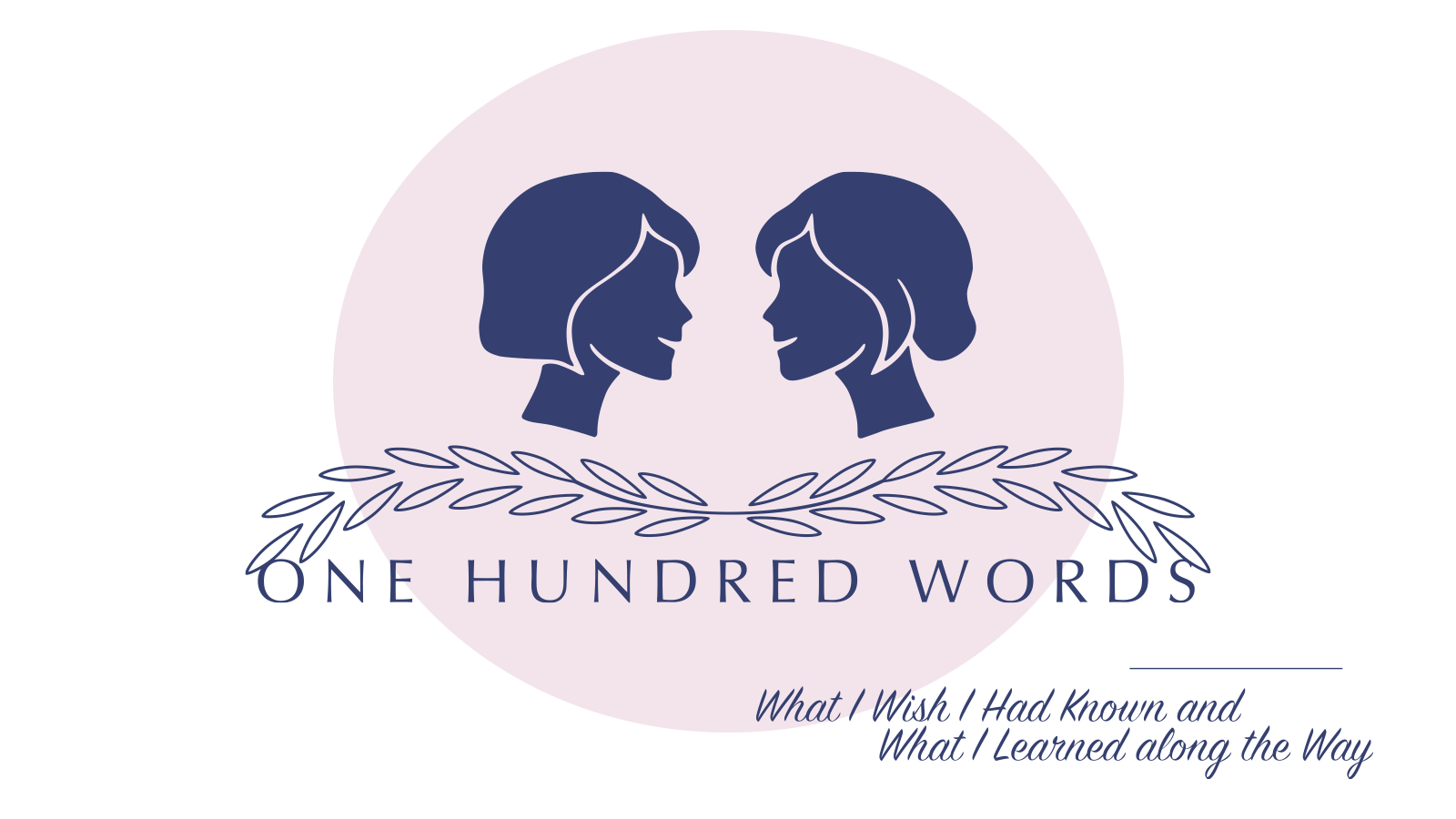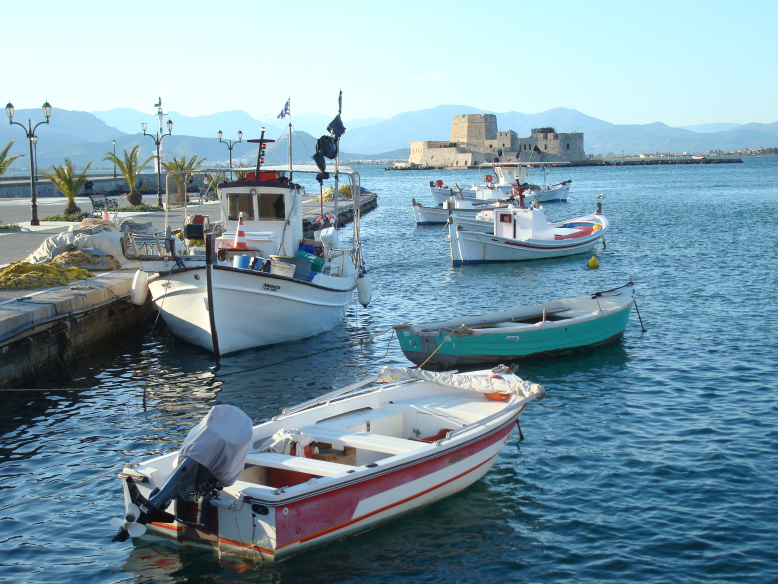He shall not judge by what his eyes see, or decide disputes by what his ears hear …
Isaiah 11:13b (ESV)
I think one of the saddest things I wish I had known was that the victim is not always the victim. Much is hidden that cannot be discerned—even by people who are daily witnesses.
The apparent victim may tell the best story. Or have the most pathetic or sweetest voice. Or an appearance that invokes trust. Or experienced a tragedy. Or a serious illness. Or always makes sure his or her version is told first.
I have been fooled by all the above.
The one who states his case first seems right, until the other comes and examines him.
Proverbs 18:17
Many times, I did not have an examiner. The version I or a friend heard occurred miles away or years ago. The truth was not discovered until I or another had sympathized with or given aid to an instigator or bully or liar.
I learned along the way to be wary of the “wounded.” They may have been the one wielding a sharp sword.

Have you been misled?








